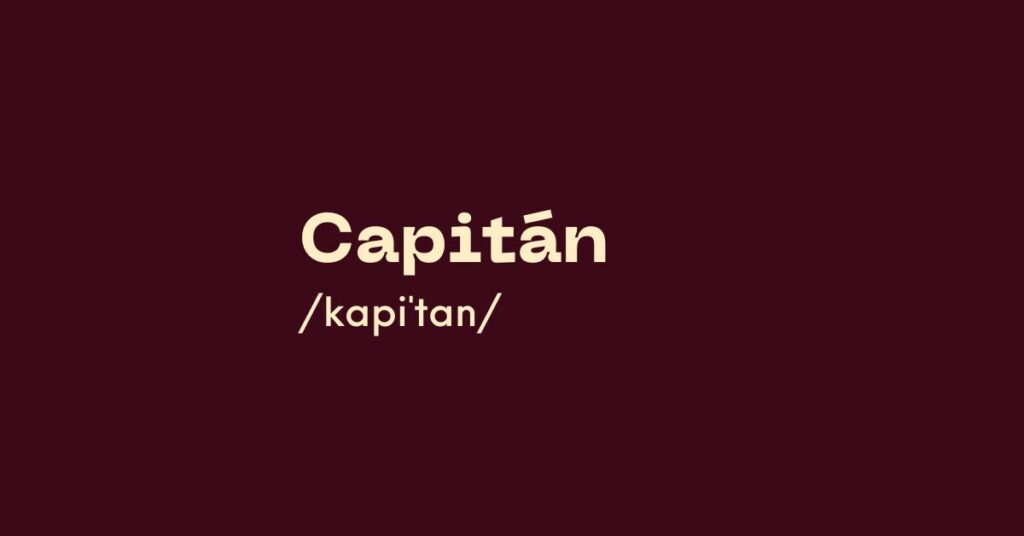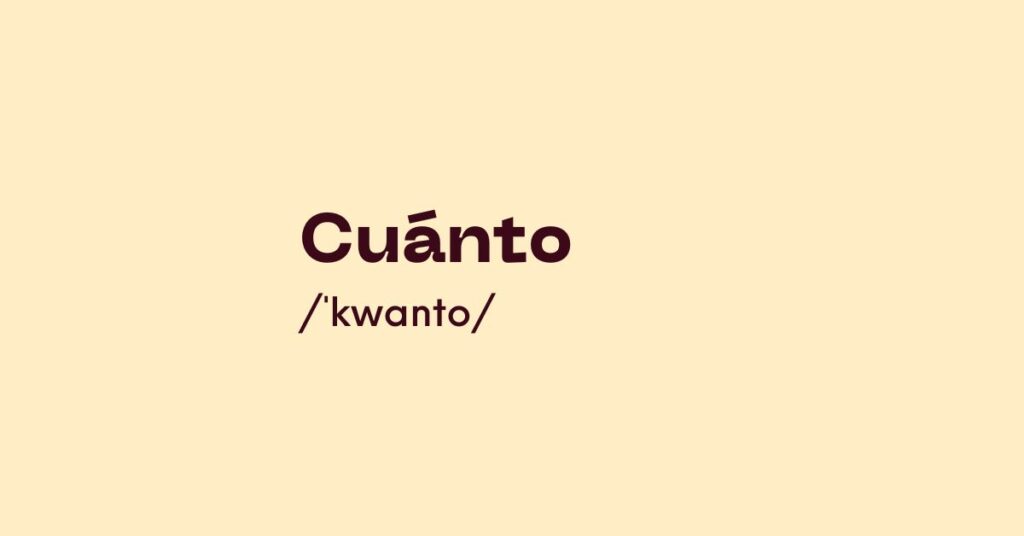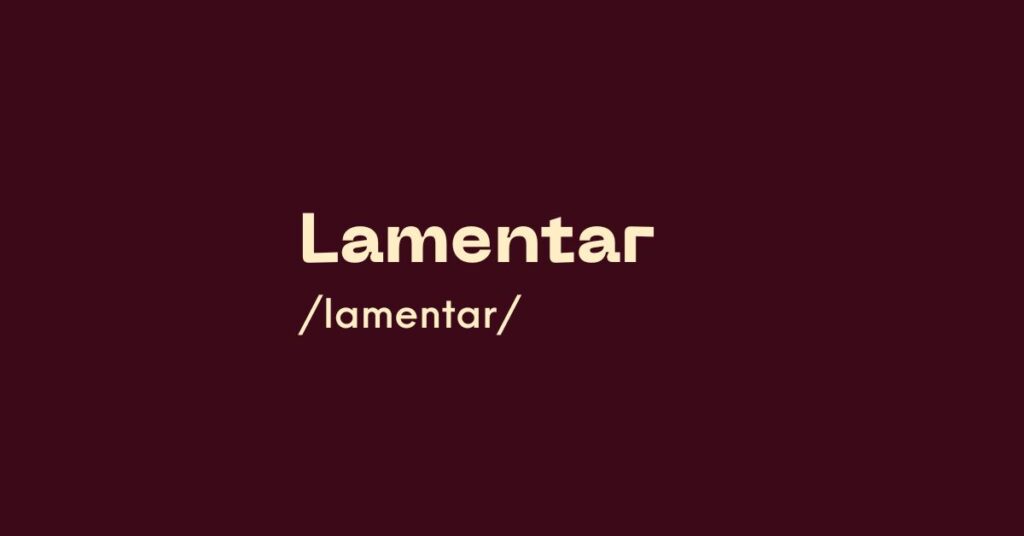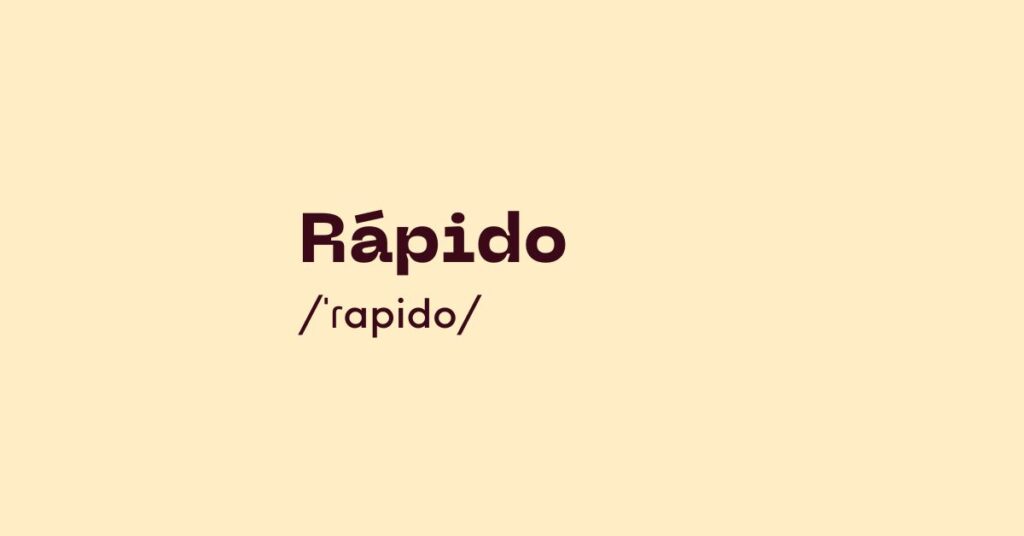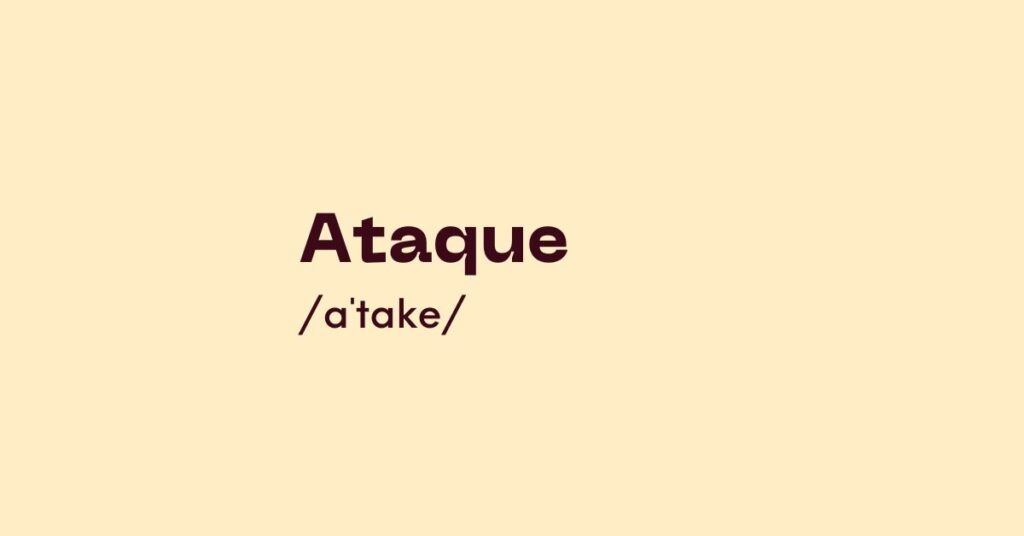Capitán
Today’s Spanish word of the day is “capitán” in the masculine form, or “capitana” in the feminine form. It’s a noun meaning “captain”. It can be used to refer to captains in the army, the navy or in sports teams. Like the English word “captain”, it comes from late Latin capitaneus, which referred to a […]
